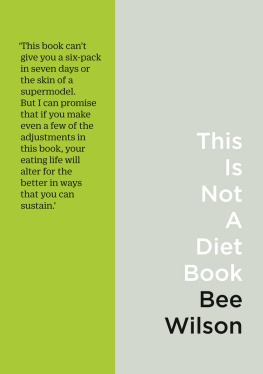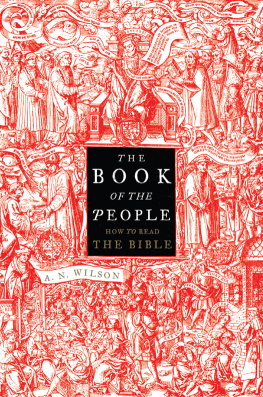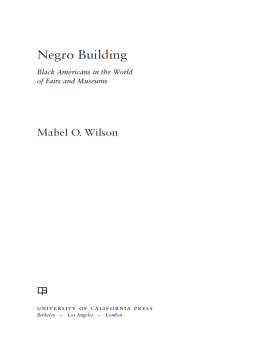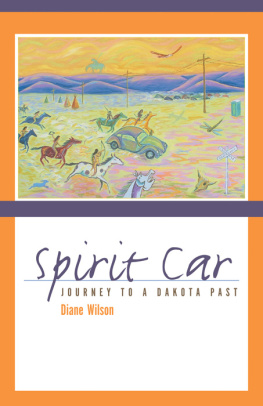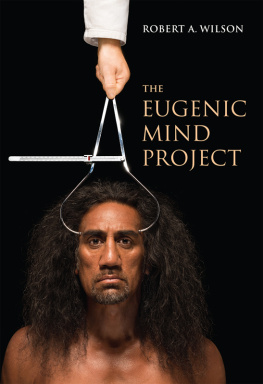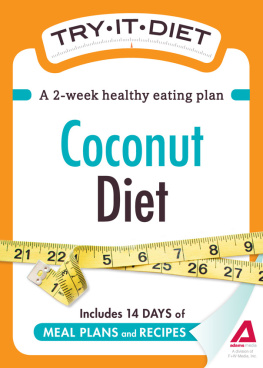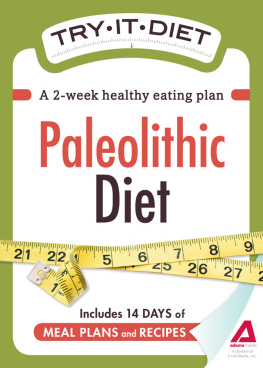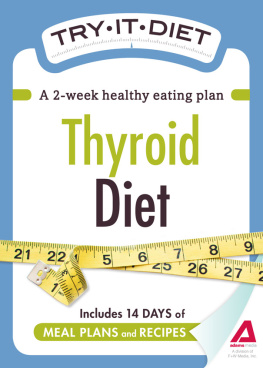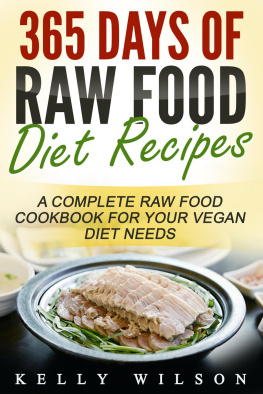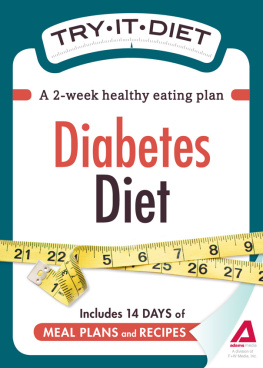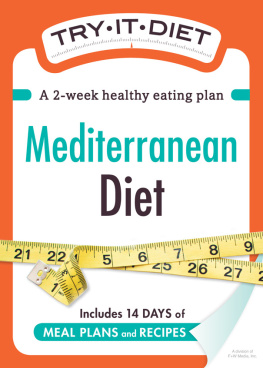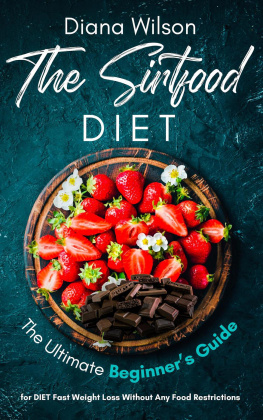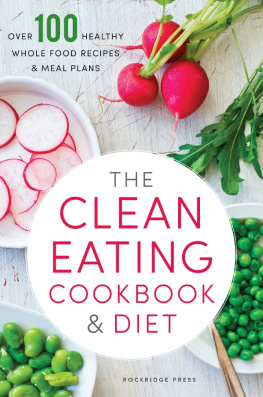
4th Estate
An imprint of HarperCollinsPublishers
1 London Bridge Street
London SE1 9GF
www.4thEstate.co.uk
This eBook first published in Great Britain by 4th Estate in 2016
Copyright Bee Wilson 2016
Bee Wilson asserts the moral right to be identified as the author of this work
A catalogue record for this book is available from the British Library
All rights reserved under International and Pan-American Copyright Conventions. By payment of the required fees, you have been granted the non-exclusive, non-transferable right to access and read the text of this e-book on screen. No part of this text may be reproduced, transmitted, down-loaded, decompiled, reverse engineered, or stored in or introduced into any information storage and retrieval system, in any form or by any means, whether electronic or mechanical, now known or hereinafter invented, without the express written permission of HarperCollins.
Source ISBN: 9780008225766
Ebook Edition December 2016 ISBN: 9780008225773
Version: 2016-11-10
For David, who first taught me that balanced eating is less about health food and more about joy
CONTENTS
There isnt time in the world to examine all the food fads.
Logan Clendening, The Balanced Diet, 1936
Most people hate diets, and who can blame us? Diets are generally the opposite of a good time. They leave you famished and force you to eat weird things that you dont enjoy. Diets dangle the promise of a new life or a new body only to make you feel like a failure when you cant stick to their insanely restrictive rules. Lose 6 pounds in six days on kale juice and walnuts and never feel hungry again! But you do feel hungry and, worse, you now feel guilty too.
Considering how unpleasant diets are not to mention the fact that they generally leave us worse off than when we started its surprising how many of them we go on. Consumer research from 2013 suggested that more than half of all adults in Britain had tried to lose weight over the past year. The sad fact is that, much as we dislike dieting, we dislike our own bodies even more. Many of us are trapped in destructive eating habits. Given the broken food environment that now surrounds us, its no wonder. Its hard to eat in a balanced way, when you have to walk a gauntlet of pink glazed doughnuts every time you go to the shops for milk. Yes, we are lucky to have access to abundant calories, something that many of our fellow citizens, in this country or elsewhere, still cannot rely on. But the distress of overeating or believing that you are overeating is also real.
As an overweight and self-loathing teenager, I was a sucker for diets. The Rotation diet, the F-plan diet, the dont eat anything except for celery and low-fat cream cheese until you nearly pass out diet (this my own special invention). Each time I embarked on one, I felt I was slimming my way into a brave new dawn.
At gyms in January, you can see how desperate we can be for instant change. One morning last year, I saw a mother and her daughter aged maybe 11 or 12 weighing themselves before hitting the treadmills. An hour later, back in the changing room after a shower, I saw them weighing themselves for a second time, shaking their heads sorrowfully. The numbers on the scales had not gone down. Fail.
Our desire to change the way we eat can be so blinding it stops us from doing it. When you embark on a diet, you dont want slow and steady losses. You want to transform like a superhero. The fact that you have been here so many times before only makes it feel more urgent. Maybe this will be the one: the diet you can finally stick to. Such is the appeal of clean eating, the new form of dieting that pretends it isnt a diet. The idea is that if you fill your cupboard with enough packets of expensive chia seeds and gluten-free coconut flour, you can start afresh as a perfect person, someone who doesnt know the meaning of the words salted or caramel. You will glow. But then you accidentally eat a bagel. And since you are now officially dirty, you decide you might as well blow the whole thing and have two slices of chocolate fudge cake too. Clean eating cant be the answer because food unlike alcohol isnt something you can go cold turkey on. Rather, we each have to find a way to make our peace with eating, in all its complexity.
Eat food. Not too much. Mostly plants, says food writer Michael Pollan. Wise words, but how on earth do you make yourself stick to them? Its not as if we dont already know that we should eat more plants and less food overall. But at some deep level, many of us dont want to do it. In 2013 more than half of British consumers surveyed (by Mintel) said that they didnt like diet food because the portions were too small.
Sometimes people say that our problem with food is that we are confused by all the competing information out there. Some experts tell us to avoid fat, while others insist we should avoid sugar. But when it comes to green leafy vegetables, the advice could hardly have been clearer. For decades, we have been told to eat more of them; and for decades, we have resisted. Only one in five people in Britain actually eats the recommended five-a-day of vegetables and fruits according to a 2012 poll for the World Cancer Research Fund. Rationally, we know we should eat more broccoli. But eating is far from rational.
Health campaigns fail for the same reason that diets do. They take no account of basic human psychology. We try to force ourselves to eat in a way that we dont like and are then disheartened when we find that we dont like it. A better way is to work to change our preferences themselves, until you become someone who enjoys the flavour of broccoli so much that you choose it of your own free will. Strange as it seems, this can be done. If you can make enough of these adjustments, you may never feel the urge to go on a diet again.
Asked on what occasions she drank champagne, the champagne heiress Lily Bollinger used to say that she drank it when she was sad and when she was happy; when she was alone and in company. Otherwise I never touch it unless Im thirsty. I used to be the same with food. Any occasion, whether happy or sad, was a reason to gorge. And then there were times when I ate just because I was peckish. Which was pretty much always.
For many years, until my early twenties, my eating was chaotic and out of control. I would sit alone at the kitchen table eating whole pint-sized tubs of maple pecan ice cream. We talk in a sickly way of indulgent foods, but when you are a compulsive eater, it does not feel like being pampered. Everywhere I went, food screamed at me. There were days and weeks when I gave myself up to consuming guilty treats. And then there were the not-eating phases, when I taunted myself with short-lived diets that started with raw carrots and hope and ended, a few days later, in pastries and despair.
I never thought I would end this futile cycle. But somehow, over a period of months, if not years, a happier way of eating crept up on me. Meal by meal, I reconditioned my responses to food. It was as if I were a child, learning how to eat all over again. Structure returned to my meals. Where once Id hesitated to eat too heartily in public, in case someone thought me greedy, now I gave myself permission to eat until I was full. My tastes subtly altered. I found myself eating more vegetables, not to punish myself, but because they were surprise! delicious. I shrank from large to medium without really trying. This new life was the opposite of going on a diet.

